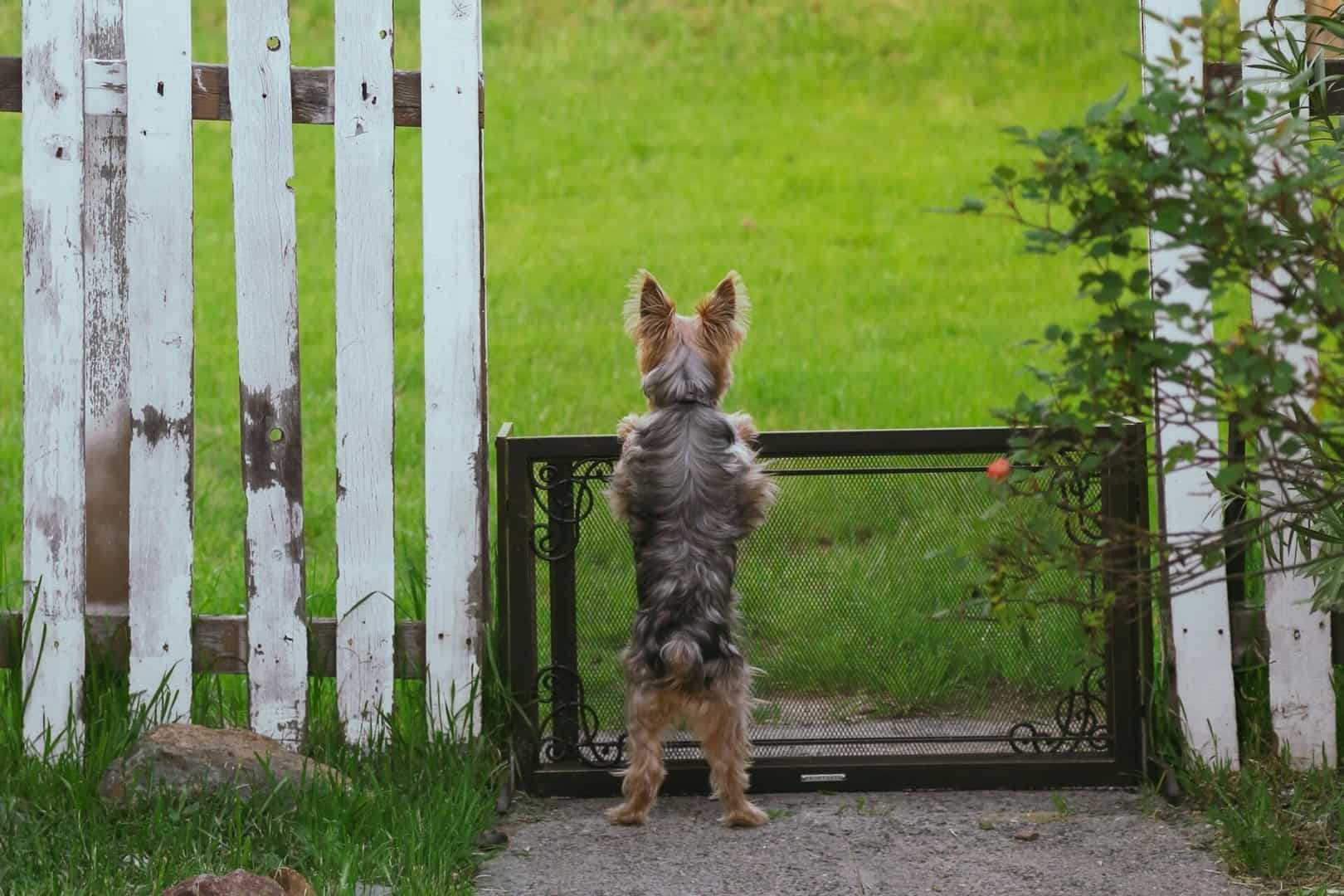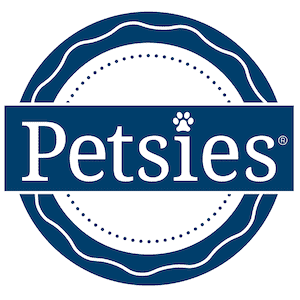Is there anything more special than watching your furry friend frolic through green grass and sunshine? Pets are like family, and loving pet owners may be eager to watch their dogs get the zoomies in the backyard — but they must be protected from unforeseen dangers first.
Although the backyard is a haven for new smells and sounds, there are numerous risks for your pet. Therefore, addressing the safety issues — including preventing their escape and eliminating potential poisons — is essential. Whether you have a dog, cat, bird or reptile, you’ll want to apply backyard protections to create the perfect pet paradise. Here are 10 ways to safeguard your animals around your property.
- Avoid Fertilizers and Pesticides
Fertilizers and pesticides contain toxic chemicals your furry friend can ingest, inhale or absorb through the skin. After exposure, your pet may experience nausea, vomiting, diarrhea or more severe symptoms. In worst-case situations, certain lawn chemicals could be fatal.
If you must use these products, always keep your pets indoors, allowing ample time for your lawn and garden to dry before letting them run through the backyard. If possible, purchase pet-friendly products without harsh chemicals. Of course, if they are exposed and exhibit symptoms, take them to the animal hospital or book an emergency vet appointment to have them seen.
- Be Mindful of Chew Hazards
Check the yard for chew hazards like wild mushrooms, mulch, tools and other debris. With their natural inclination and curiosity, dogs don’t know better than to taste whatever they find on the ground.
However, many common hazards — such as cocoa mulch, twigs and rocks — are particularly unsafe. Dogs’ diets are one-third plant-based, but these natural objects may be more challenging to break down and could obstruct their digestive systems. As a result, your pet could require emergency care, leaving you with a costly vet bill.
- Remove Toxic Plants
Like people, some dogs like to stop and smell the flowers. However, not all plants are safe for them to do so. Although beautiful, your garden beds could spell danger for a beloved pet.
Protect the furry friends in your backyard by removing harmful plants and flowers. For example, lilies, azaleas, daffodils, and sago palms could cause severe illness or death. Instead, fill your garden and flower pots with non-toxic plants like marigolds, daisies, sunflowers, and coral bells.
- Secure the Pool Area
While you may allow your pet to swim in the backyard pool on a hot summer day, adding a border is essential for their safety. Even a strong swimmer can struggle to stay afloat if they accidentally fall in.
It’s easy for a dog to slip if it’s chasing something around the perimeter. Likewise, without a ramp or stairs in the pool, it could quickly become exhausted. Additionally, chlorine and other chemicals are toxic to pets if ingested.
- Construct a Fence
Pets may wander out of an open yard, putting them at risk of being hit by a car. Depending on where you live, your lawn may also be prone to predators like bears, coyotes or alligators.
One of the best ways to keep your pet safe in your backyard is to fence it in. Seventy-eight percent of dog owners have a fence to prevent their furry friend from running away, encountering wildlife and facing other dangers. An enclosure also allows animals to run freely without a leash.
- Offer Shading
A furry pet can quickly become overheated in the summer, so be sure your backyard has a shady spot to rest, such as under a tall tree like red maple or dogwood. Planting the tree over a soft, grassy patch for your friend to lay comfortably may be wise.
Planting shading trees can offer your home passive cooling for greater energy efficiency and deliver stunning foliage in the fall. However, avoid trees with berries — such as crepe myrtles and holly — which could be toxic to animals.
- Cover Compost
A compost bin is a great way to live more sustainably and nourish your garden with nutrient-rich, organic soil. Yet, some food scraps — especially moldy vegetables, fruits and bones — may be hazardous to your pet.
Cover your compost with a lid to lessen enticing odors and prevent animals from searching for food. Of course, concealing your compost also ensures it retains moisture and warmth for proper biodegradability and soil performance.
- Eliminate Rodent Bait
During exposure, products like rodent bait could harm an animal’s stomach or nervous system. These items contain poison meant to kill rats and other small pests — if your pet gets ahold of them, it will likely result in severe illness or death.
Eating a dead rodent exposed to the bait may also cause indirect poisoning. Removing all rodent bait, dead animals and traps from your backyard before allowing your pet to roam is always wise.
- Provide Clean Water
Giving your pet clean water while outside ensures they don’t become dehydrated, especially when the weather is hot and humid. It also prevents them from seeking drinking water from contaminated sources, like puddles and bird baths.
Standing water may contain harmful bacteria like salmonella and E. coli, and chemicals from runoff. Ingesting it could make your furry friend severely sick with symptoms like vomiting, diarrhea or kidney failure. This situation may also warrant a visit to the vet for appropriate treatment.
- Supervise Your Pets
Even if your pet is the most well-behaved animal you’ve ever had, never let them outside without supervision. Their curious nature could get them injured, sick or in other sorts of trouble.
If you work from home, you could move your computer setup to a window where you can watch them. Otherwise, it’s best to let them out when you can spare time for play and exercise.
Take the Necessary Measures to Protect Your Pets Outdoors
When it comes to your beloved pets, you can never go too far to protect them in the backyard. Part of being a responsible owner is always ensuring their safety. Dogs, cats and other animals deserve freedom and fresh air to maintain their health, but they must remain safe and secure. Take the necessary precautions to protect your pets outdoors.
Author Bio
Jack Shaw is a writer, editor and dedicated pet owner. He currently serves as the senior writer for Modded, a lifestyle magazine where he has explored topics on the joys of traveling with his dog, improving his home and working on his health.



